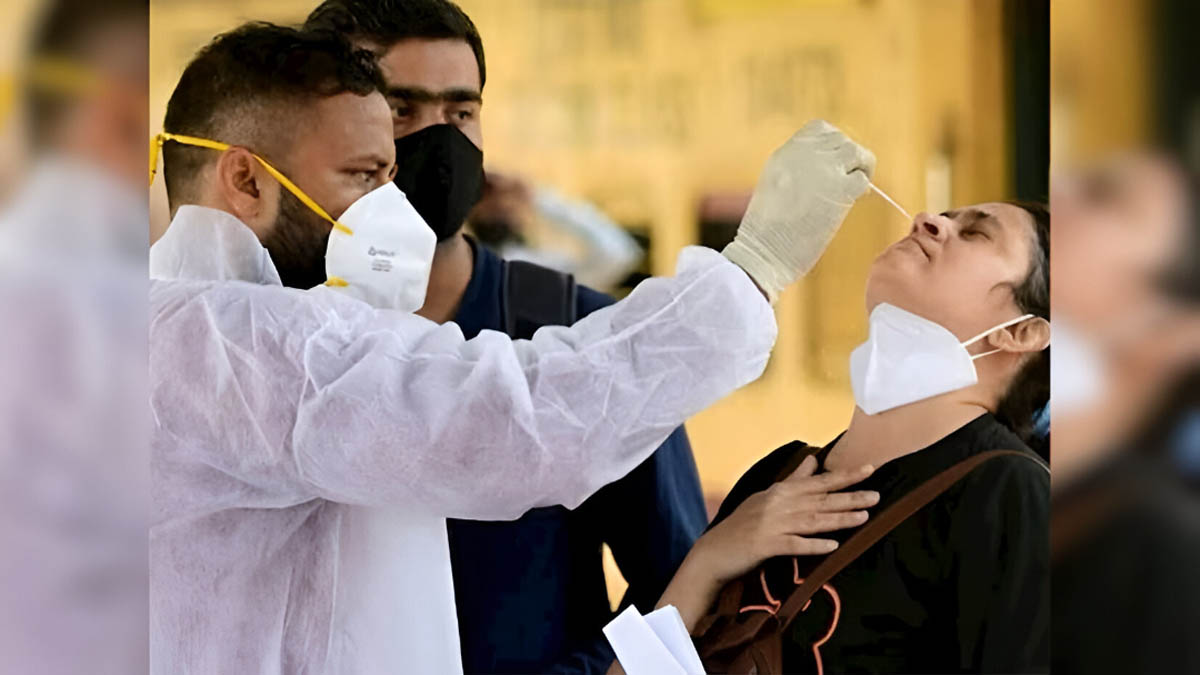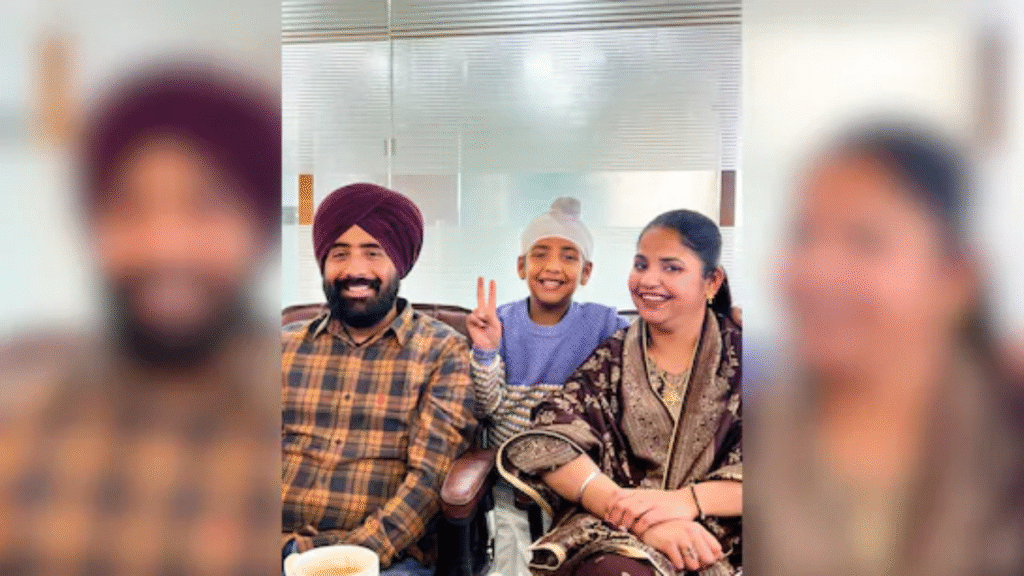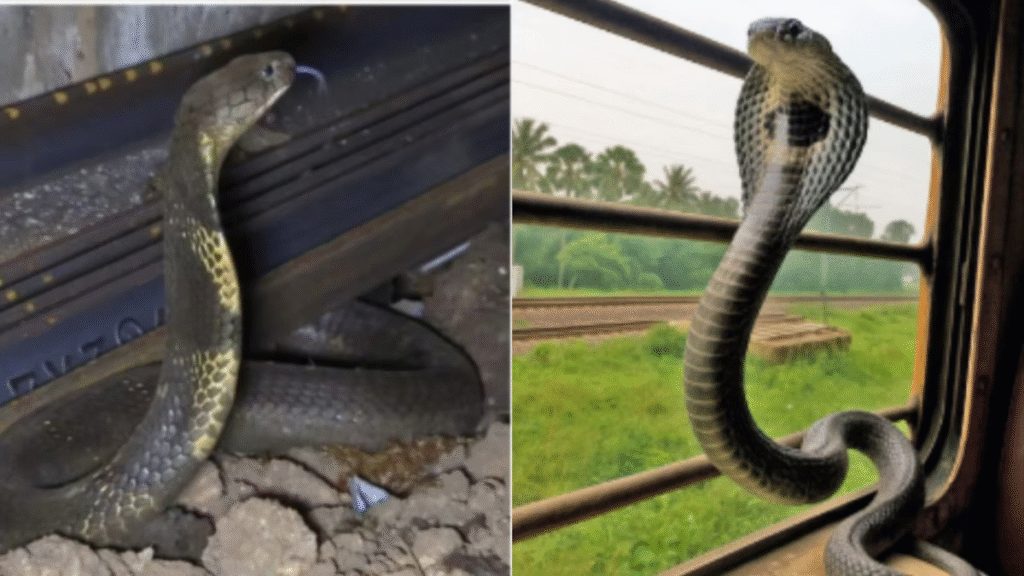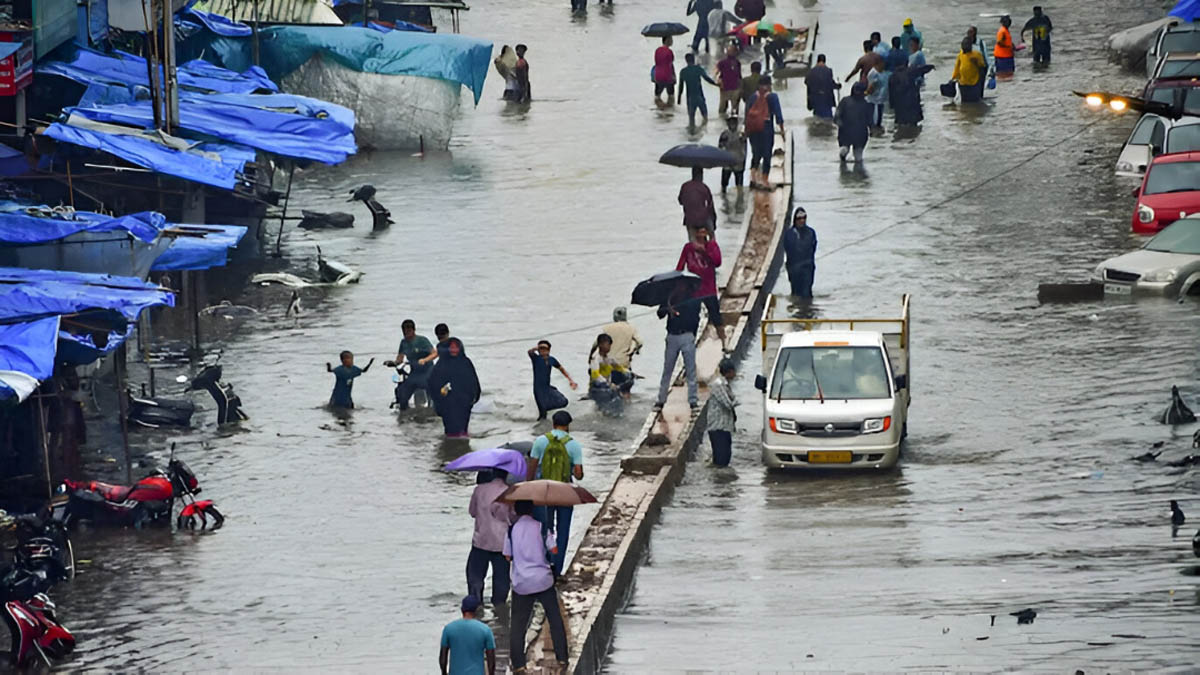Now Reading: India Sees Uptick in COVID-19 Cases, Active Tally Crosses 1,000 with Kerala Reporting Highest Count
-
01
India Sees Uptick in COVID-19 Cases, Active Tally Crosses 1,000 with Kerala Reporting Highest Count
India Sees Uptick in COVID-19 Cases, Active Tally Crosses 1,000 with Kerala Reporting Highest Count

India is experiencing a mild but notable resurgence in COVID-19 cases, with the nationwide active caseload surpassing the 1,000 mark. Latest data from the Ministry of Health and Family Welfare indicates that as of May 28, 2025, the country’s active infections stand at 1,010. The southern state of Kerala currently bears the highest burden, reporting the largest number of active cases.
Kerala’s active caseload has surged to 430, marking a significant increase from just 95 active cases reported on May 19. This rapid rise highlights a concerning trend of accelerating infections within the state. Following Kerala, Maharashtra has the second-highest active cases with 210, while the national capital, Delhi, has also seen a jump, reaching 104 active cases. Other states reporting an increase include Gujarat (83), Tamil Nadu (69), and Karnataka (47).
Health officials are closely monitoring the situation, though they emphasize that the majority of reported cases are mild and do not necessitate hospitalization. The current surge is attributed to the circulation of new Omicron sub-variants, particularly NB.1.8.1 and LF.7. While the JN.1 strain remains the most prevalent overall, these newer sub-variants are being actively tracked by the World Health Organization (WHO) as “Variants Under Monitoring” (VUMs) due to their potential to influence virus behavior.
Symptoms associated with these new variants are generally reported to be mild, mimicking common viral fever. These include persistent cough, sore throat, fatigue, mild fever, muscle aches, nasal congestion, headaches, nausea, and gastrointestinal issues. Despite the mild nature of symptoms, health authorities are urging vigilance, especially for vulnerable populations such as the elderly, pregnant women, and individuals with co-morbidities.
In response to the rising numbers, several states have initiated precautionary measures. Delhi has issued advisories to hospitals, ensuring the availability of beds, oxygen, medicines, and vaccines. Karnataka’s Medical Education Minister has instructed doctors and health workers to wear masks, and other states like Uttar Pradesh are reactivating health centers and repairing oxygen plants as a preparedness measure.
While the current situation is not deemed an emergency, and experts are advising against panic, continued adherence to public health guidelines remains crucial. These include maintaining good hand hygiene, wearing high-quality masks in crowded spaces, avoiding close contact with sick individuals, and getting tested if symptoms persist. Vaccination and booster doses are still considered vital in providing protection against the virus. The health ministry continues to reconcile mortality figures, with a few deaths reported from states like Maharashtra, Kerala, and Karnataka, though underlying conditions are often cited as a major contributing factor.










